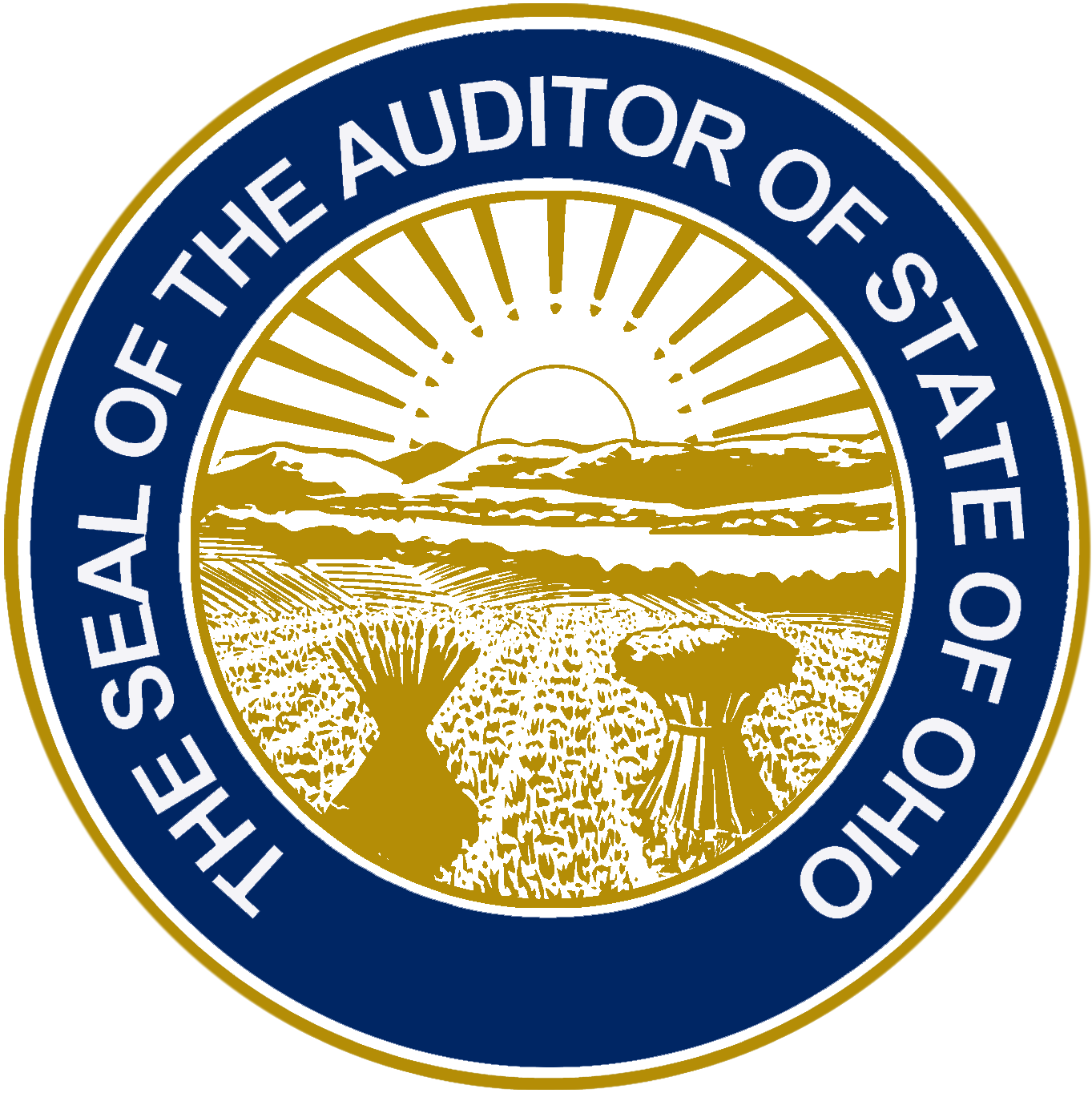
Press Release • Ohio Auditor of State
Legislative Update: House Bill 5
By the Auditor of State’s Office
A bill aimed at boosting efficiency in Ohio’s local governments passed through the Ohio House of Representatives in May and was signed by Governor Kasich June 14.
Under House Bill 5, local governments and state agencies considering sharing resources with neighboring entities can request feasibility studies from the Auditor of State’s office to measure the potential benefits of the collaboration. It also establishes a grant program to cover the full cost of the studies.
“We all want to make our money stretch as far as it can – especially in government, when we’re talking about spending the public’s hard-earned dollars,” Auditor Yost said. “House Bill 5 removes roadblocks to equipment sharing and provides a valuable tool for local governments to study the potential for cost savings.”
Introduced in January 2015, the legislation was crafted to help public offices research their cost-saving ideas before committing valuable time and resources, said Shawn Busken, director of policy and legislative affairs for the Auditor’s office.
“If someone has an idea that involves sharing, but they don’t know if it could work, this legislation provides them with the funding to get a study done before they fully commit tax dollars,” Busken said.
The legislation was sponsored by Representatives Stephanie Kunze and Kyle Koehler. In May, it passed through the House and Senate by votes of 94-3 and 30-0, respectively.
All local governments and state agencies can apply for one of the dozen or so grants through the Auditor’s office. After receiving an application, the office will notify all parties of their inclusion in the request. Unlike financial audits, the feasibility studies are completely voluntary, and entities may choose to opt out if they are included in another government’s application.
The Auditor of State’s office is currently developing the selection process and plans to begin accepting applications this October. After an entity is chosen, the Auditor’s Ohio Performance Team (OPT) will conduct the study, and upon its conclusion, hold a public meeting to discuss the findings. The participating governments can then choose whether or not to follow through with the recommendations.
Funding for the studies comes from the Auditor’s Leverage for Efficiency, Accountability and Performance Fund (LEAP Fund), half of which was set aside for the grants. The size of the grants will vary depending on the scope of the studies, Busken said.
In addition to the feasibility studies, House Bill 5 alleviates liability concerns for local governments considering collaborative partnerships.
Current Ohio law prohibits local governments from indemnifying one another, meaning owners of shared resources would bear the liability for any possible loss. House Bill 5, however, allows for the risk of loss to pass from the lender to the borrowing entity in shared service agreements.
“This provision in the bill will help ease the minds of local government officials across our state and encourage increased participation by entities eager to collaborate,” Auditor Yost said during his testimony to the House Local Government Committee in February 2015.
For more information about House Bill 5, or to read the full text of the bill, click here.
This article was first published in the Ohio Township Magazine.